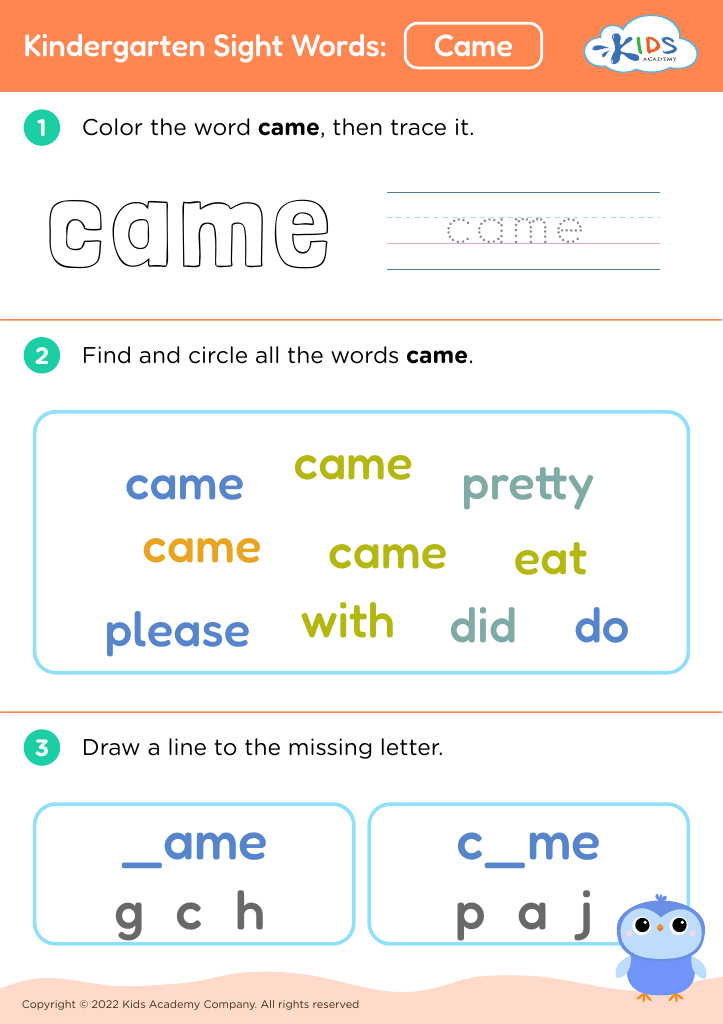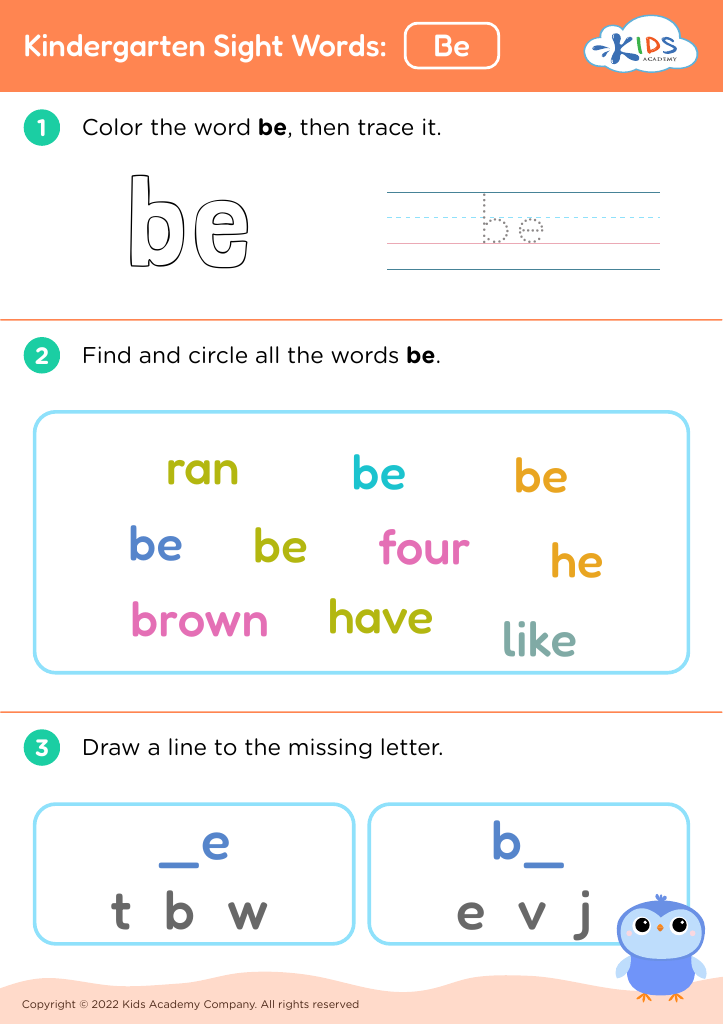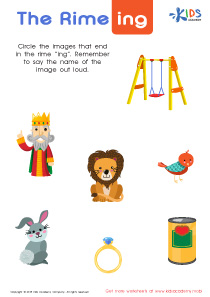Fraction comparison Kindergarten Reading Worksheets
4 filtered results
-
From - To
Discover our engaging Fraction Comparison Kindergarten Reading Worksheets designed to introduce young learners to the essential skill of comparing fractions. These worksheets offer fun activities that help children grasp the concept of numerators and denominators while strengthening their reading abilities. Each worksheet includes vibrant illustrations and interactive exercises, making learning enjoyable and effective. Perfect for classroom use or at-home practice, our resources support early math development and build a solid foundation for future learning. Encourage your child's growth in both literacy and numeracy with our thoughtfully crafted activities focused on mastering fraction comparison. Start their learning adventure today!
Understanding fraction comparison in kindergarten is crucial for early mathematics development. Parents and teachers should care about this foundational concept, as math skills build on one another over time. By introducing children to fractions at an early age, they develop spatial awareness, critical thinking, and problem-solving skills. These competencies are essential not just for mastering math but also for applying logic in everyday situations.
Moreover, grasping how to compare fractions encourages children to engage in mathematical reasoning. It prepares them for more complex concepts they will encounter in later grades, such as addition and subtraction of fractions or understanding ratios and proportions. Additionally, incorporating reading during this process enhances literacy skills. Stories and activities about fractions can make learning more engaging and relatable, fostering a positive attitude toward both math and reading.
Active parental and educator involvement can reinforce such learning, making it more likely that children will retain these concepts. Creating a supportive environment, filled with hands-on activities and explorations, promotes deeper understanding. In conclusion, caring about fraction comparison not only supports mathematical understanding but also bolsters overall cognitive development, helping young learners become well-rounded individuals.























